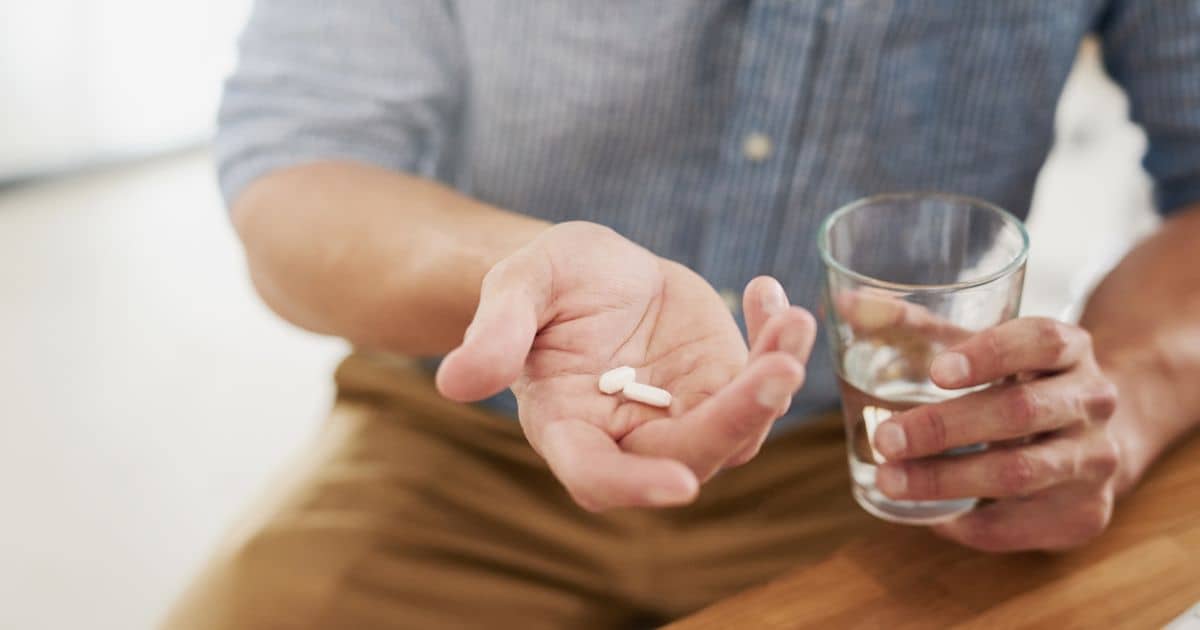The 24th International AIDS Conference in Montreal featured an intriguing and recent study. The study indicates that taking doxycycline (a common type of antibiotics) within 72 hours after condomless sex benefits men who have sex with men (MSM) and transgender women who are HIV-positive or on pre-exposure prophylaxis (PrEP) as it significantly reduces the risks of gonorrhea, chlamydia and syphilis. Although very encouraging, Annie Luetkemeyer MD, the study investigator, stated that this method may benefit targeted populations but is not meant for everyone.
As antiretrovirals are proven effective in the spread of HIV which leads to more condomless sex, preventing bacterial STIs in MSM has become just as essential. Taking HIV PrEP in people at risk for HIV helps to greatly reduce HIV acquisition, but being lenient when it comes to the use of condoms means other STIs might be lurking around. Despite guidelines recommending that people taking HIV PrEP be tested for other bacterial STIs every 3 months, preventing them from occurring in the first place is deemed wiser.
The trial
Doxycycline is a relative of tetracycline (another antibiotic) which has existed for more than 45 years. This type of antibiotics is mostly used to treat and prevent acne and Lyme disease. Not limited to that, doxycycline also responds to parasites and is often utilized to prevent malaria in travelers.
The study involves a total of 544 participants of mostly MSM and transgender women and was conducted in public health clinics in Seattle and San Francisco. Of 544 participants, 4% identify as “gender diverse”. These study participants are people at high risk for recurrent STIs and have been diagnosed with an STI during the past year as one third (approximately 174 persons) are HIV-positive and around 327 persons are taking PrEP.
The participants were then assigned in a 2-to-1 ratio to take a single dose of 200 milligram oral doxycycline PEP after condomless sex within 72 hours. Initially scheduled to run until May 2023, the study was halted in May 2022 after an independent data monitoring board discovered that the trial greatly lowers the risks of chlamydia and gonorrhea by more than 60%. This number is so convincing that continuing the study was no longer required. As for syphilis, it appears that doxyPEP also provides protection against it, but there are too few cases to arrive at statistical significance. Below are the trial results in participants who are HIV-positive and HIV-negative participants living on PrEP:
- HIV-positive participants: doxyPEP lowers the probability of being diagnosed with a bacterial STI every 3 months by 62%. As for incidence rates for every infection, the incidence for gonorrhea plunges from 20.3% to 8.9%, chlamydia decreased from 14.8% to 3.9% and syphilis declined from 2.7% to 0.4%
- HIV-negative participants on PrEP: in HIV-negative participants, the decline in risk is even bigger as the likelihood of contracting bacterial STIs per quarter was reduced by 66%. Gonorrhea fell from 20.2% to 9.1%, chlamydia dropped from 12.1% to 1.4% and syphilis experienced a 87% reduction from 2.7% to 0.4%
It was discovered that the use of doxycycline is safe and tolerated in both groups. A median of seven sex acts per month in which people take doxycycline 87% of the time were recorded.
Drug resistance concerns
One significant concern with doxyPEP is the fear that overusing antibiotics can cause drug resistance. As we know, gonorrhea has developed resistance overtime to most medications utilized to treat it. Although the study sparks hope on the horizon, according to Jean-Michel Molina of the University of Paris Cité who led a similar but smaller study in France, this topic is still controversial and it is too early to recommend a strategy.
Doxycycline is not normally used in treating gonorrhea or syphilis. This means that other treatment options are available to people who do develop resistance. Moreover, a smaller dose of doxycycline is administered for weeks or months to prevent malaria in travelers and it does not advocate resistance.
Another concern is if constant use of antibiotics affects the ecosystem of healthy guts (microbiome) living in the gut, vagina or other parts of the body. But, according to Leutkemeyer, doxycycline treatment is what most people in the control group spend a significant amount of their time on considering how frequently they acquired STIs. Rather than utilizing doxycycline as treatment, utilizing doxycycline as PEP wards off symptoms, lowers suffering as well as reduces the risks of transmitting STIs. Some folks even take the medication almost daily if they engage in sex frequently. In that sense, it can be said that doxycycline acts as PrEP.
Another problem that may lurk in the corner is equitable access to doxycycline. Advocates are wondering if doxyPEP will make it to everyone who needs it. 10 years after PrEP was approved, white gay men are the ones mostly taking the prevention method, but Black and Latino MSM and cisgender women are still not making use of it.
DoxyPEP may come in handy as the new kid on the block when it comes to practicing safer sex, but as with HIV prevention pills, some are concerned that this might encourage condomless sex even more. Leutkemeyer furthered that similar to when PrEP first came out, some questioned why not use condoms instead, and there were stigmas surrounding PrEP. But multiple tools are always better than one, and she hoped that this time, there will not be shame and blame about doxyPEP.
The key to achieving tip-top sexual health is to take the right steps to minimize the risks for STDs. Shim Clinic is a sexual health clinic based in Singapore with a focus in STD testing and STD treatment. Besides treatment, we offer prevention methods such as HIV PrEP, HIV PEP and HPV vaccination (Gardasil-9).

